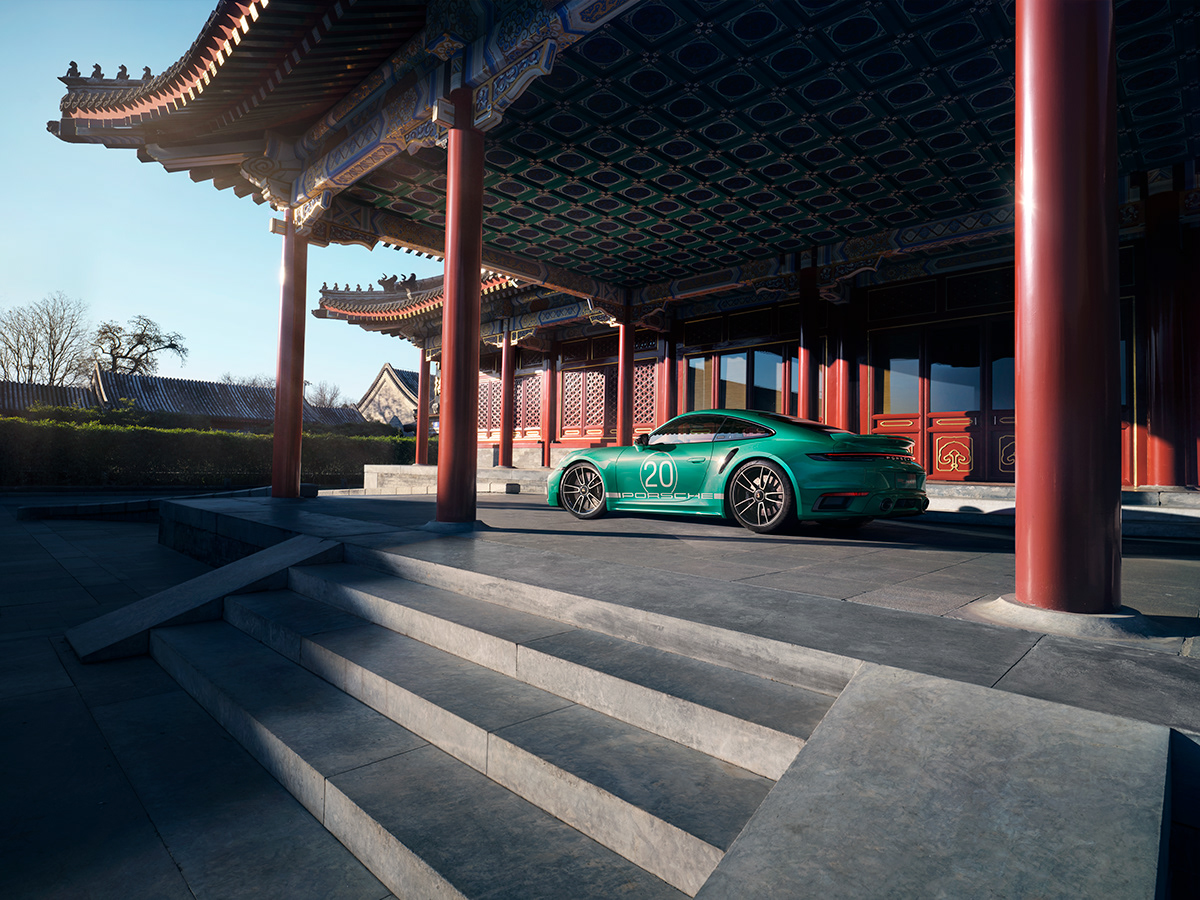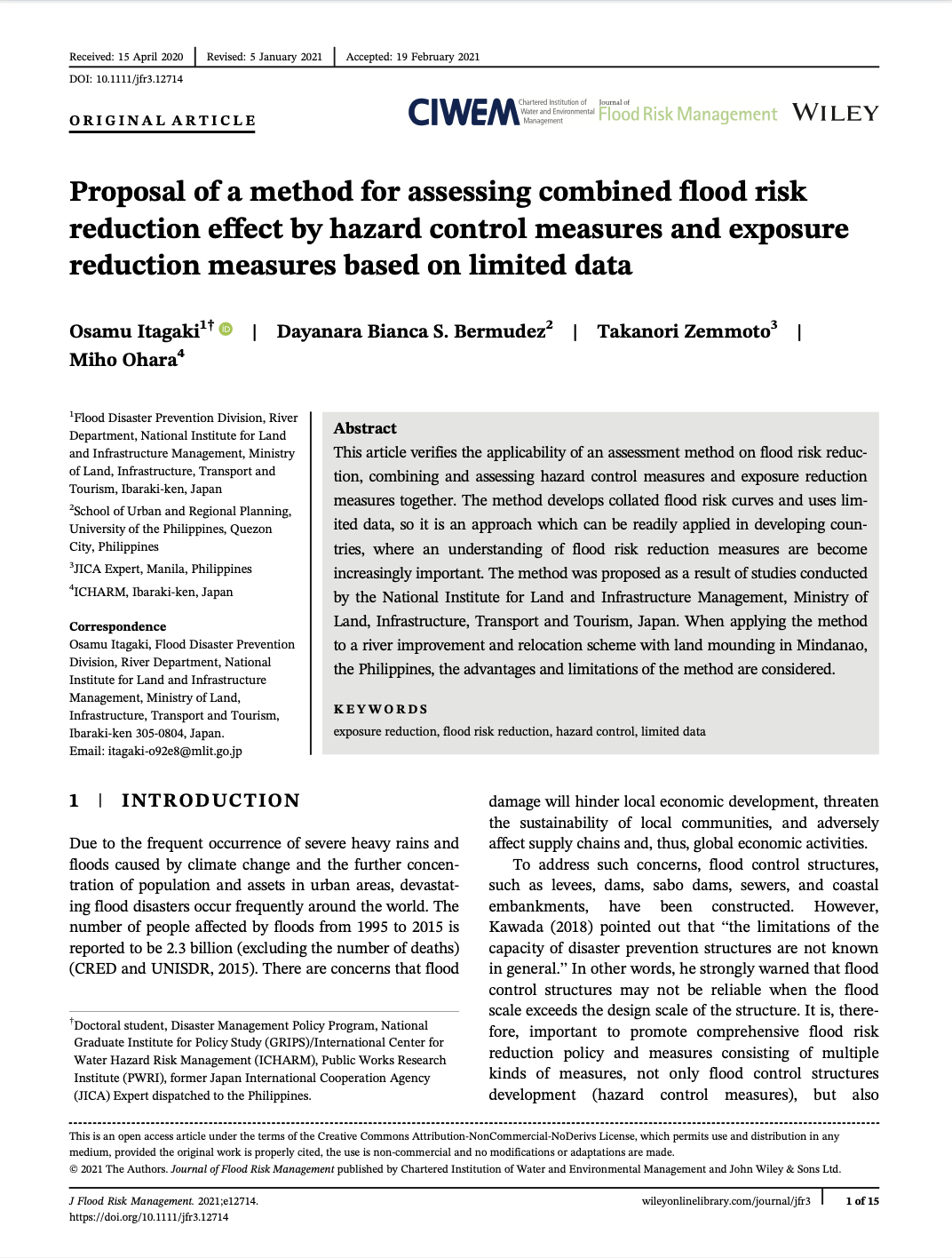BMW, Porsche, And The Shifting Sands Of The Chinese Auto Market

Table of Contents
The Rise of Domestic Chinese Automakers
Competition from Local Brands
The Chinese auto market is no longer dominated solely by foreign brands. Domestic automakers like BYD, NIO, and Xpeng are rapidly gaining market share, fueled by technological innovation and aggressive marketing strategies. These companies are not simply producing cheaper alternatives; they are developing sophisticated electric vehicles (EVs) with advanced features that rival, and in some cases surpass, their international competitors.
- BYD's Blade Battery technology, for instance, offers improved energy density and safety, challenging the dominance of traditional battery technologies in the luxury EV segment.
- NIO's battery swap technology provides a unique and convenient solution to range anxiety, a key concern for EV buyers.
- Xpeng's advanced driver-assistance systems (ADAS) are pushing the boundaries of autonomous driving capabilities, a highly sought-after feature among Chinese luxury car buyers.
Market share data reveals a clear trend: the percentage held by foreign luxury brands is shrinking, while domestic players are rapidly expanding their footprint in the Chinese auto market. This intense competition necessitates aggressive pricing strategies from established brands like BMW and Porsche, squeezing profit margins and demanding innovative approaches to remain competitive.
Evolving Consumer Preferences in China
Shifting Demand for Luxury Features
The Chinese luxury car buyer is evolving. While brand prestige remains important, the focus is shifting towards technological features, sustainability concerns, and a strong brand story that resonates with their values. Younger generations, in particular, are driving this change.
- Features like autonomous driving capabilities, advanced infotainment systems, and electric powertrains are becoming increasingly important purchase drivers.
- The growing awareness of environmental concerns is pushing demand towards electric and hybrid vehicles. Luxury car buyers in China are increasingly looking for eco-friendly options.
- Brand storytelling and social media marketing play a crucial role in shaping brand perception and influencing purchasing decisions. Authenticity and engagement are key.
Understanding and adapting to these evolving preferences is crucial for BMW and Porsche to maintain their market position in China's dynamic luxury car segment.
Government Policies and Regulations
Navigating the Regulatory Landscape
The Chinese government plays a significant role in shaping the automotive landscape, influencing everything from emission standards to the promotion of electric vehicles. Navigating this regulatory environment presents both challenges and opportunities for international automakers.
- Government initiatives promoting electric vehicles, including subsidies and tax breaks, are creating a favorable environment for EV adoption. This presents a huge opportunity for brands investing in electric technology.
- Import tariffs on luxury cars can significantly impact pricing, creating a competitive disadvantage for foreign brands compared to domestically produced vehicles.
- Meeting increasingly stringent emission standards requires significant investment in research and development, and failure to comply can result in penalties.
Successfully navigating these policies is critical for maintaining a competitive edge in the Chinese auto market.
BMW and Porsche's Strategies in the Chinese Market
Adaptation and Innovation
BMW and Porsche are not passively observing these changes; they are actively adapting their strategies to thrive in the competitive Chinese market. This includes localization efforts, product development tailored to Chinese preferences, and strategic marketing campaigns.
- Both BMW and Porsche have introduced localized models or features catering specifically to the Chinese market, reflecting an understanding of local tastes and preferences.
- Their marketing campaigns emphasize brand storytelling and digital engagement to connect with Chinese consumers on a deeper level.
- Significant investments in electric vehicle technology and infrastructure in China demonstrate a long-term commitment to the market.
This proactive approach highlights the commitment of BMW and Porsche to adapting and innovating within this challenging yet rewarding market.
The Future of BMW, Porsche, and the Chinese Auto Market
In conclusion, the Chinese auto market presents both significant opportunities and substantial challenges for luxury brands like BMW and Porsche. The rise of competitive domestic automakers, evolving consumer preferences, and a dynamic regulatory landscape demand continuous adaptation and innovation. The future success of these brands in China will depend on their ability to seamlessly integrate into the local market, embracing electric vehicle technology and actively responding to the changing desires of Chinese consumers. The Chinese auto market is a dynamic landscape, and the strategies employed by BMW and Porsche will be crucial in determining their success in the years to come. We encourage you to share your thoughts on the future of the Chinese auto market and how BMW and Porsche will navigate its evolving landscape. What strategies do you believe will be most effective for these luxury brands to maintain a strong presence in this crucial market?

Featured Posts
-
 Pan Nordic Defense Assessing The Combined Military Capabilities Of Sweden And Finland
Apr 22, 2025
Pan Nordic Defense Assessing The Combined Military Capabilities Of Sweden And Finland
Apr 22, 2025 -
 Following The Karen Read Murder Trials A Timeline
Apr 22, 2025
Following The Karen Read Murder Trials A Timeline
Apr 22, 2025 -
 Trumps Trade Policies A Threat To Us Financial Leadership
Apr 22, 2025
Trumps Trade Policies A Threat To Us Financial Leadership
Apr 22, 2025 -
 The Rise Of Disaster Betting Examining The Case Of The Los Angeles Wildfires
Apr 22, 2025
The Rise Of Disaster Betting Examining The Case Of The Los Angeles Wildfires
Apr 22, 2025 -
 A Pan Nordic Defense Assessing The Combined Strengths Of Swedish And Finnish Military Assets
Apr 22, 2025
A Pan Nordic Defense Assessing The Combined Strengths Of Swedish And Finnish Military Assets
Apr 22, 2025
